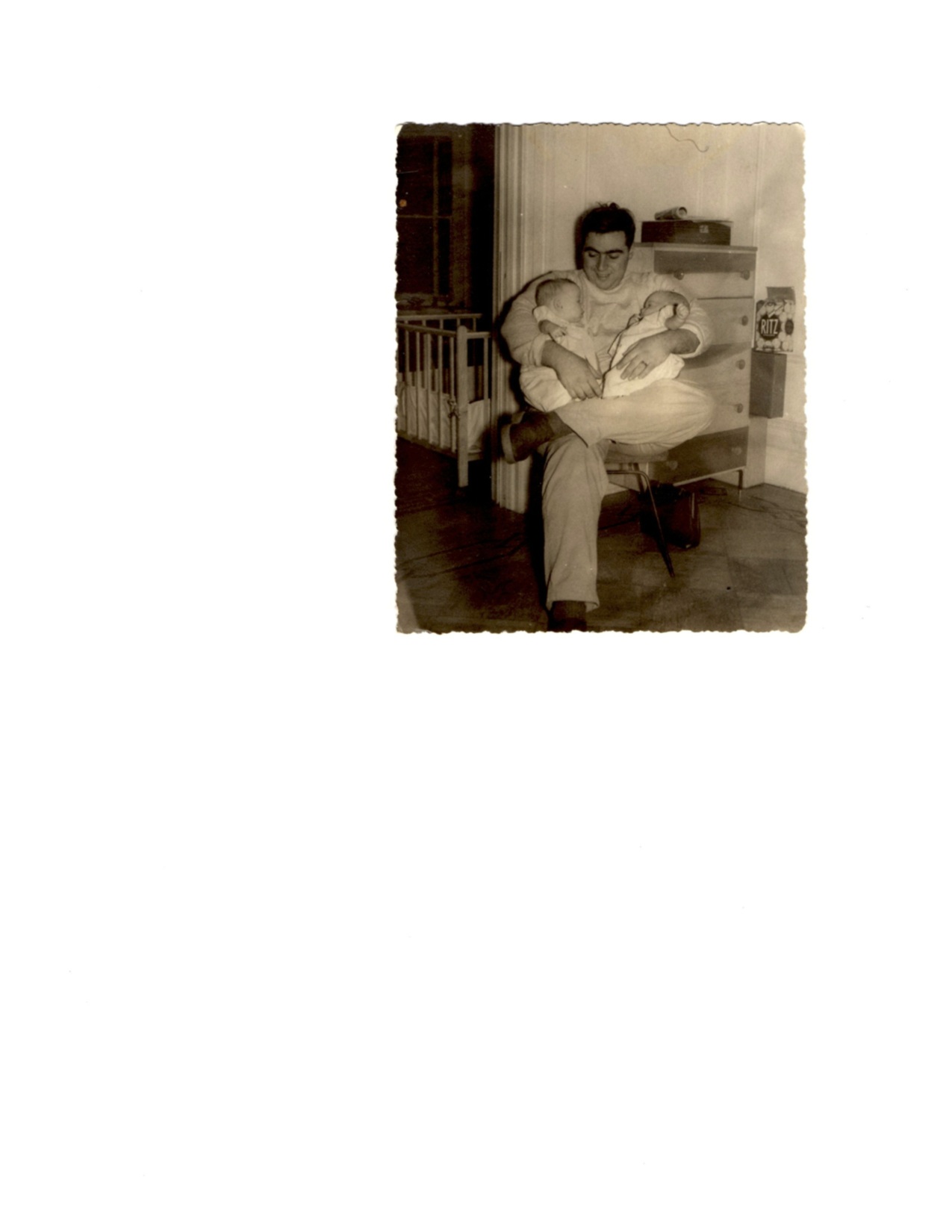Recently, of course, former President Bill Clinton had a heart procedure performed, with the requisite media coverage of the event. As I watched the coverageon MSNBC'sHardball with Chris Matthews,it struck me how the way that event was covered, speaks volumes about our culture and our habits.
Both Robert Bazell and Dr. Nancy Snyderman stated - multiple times - that "once a heart patient, always a heart patient." But not all experts would necessarily agree. Dr. Dean Ornish- who ironically, was a consultant to President Clinton - has demonstrated through rigorous research, that lifestyle changes can actually reverse heart disease. Ornish's program includes a low fat vegetarian diet, exercise, yoga and/or meditation, and group support.
Matthews made several sarcastic comments, throughout the Clinton coverage - to the effect that we can never expect Clinton to join a monastery and eat carrots the rest of his life. Clearly Matthews was referring to Clinton's hectic schedule. But his sarcasm is indicative of an attitude we Americans tend to have, that we might as well throw up our hands, when it comes to lifestyle change for disease prevention, and resign ourselves to a lifetime of invasive medical interventions. Ornish and others advocating vegetarian diets for disease prevention, often ask why cutting out - or even reducing - animal products is considered too radical to even consider, while invasive procedures and powerful drugs are not? (Dr. John McDougall - advocate of an even stricter low fat, vegan diet, cleverly asks on his website:
"Ever consider.... diet vs. drugs? ... oatmeal vs. obesity? ... peas vs. pills? cabbage vs. CABG (coronary artery bypass grafting)? supper vs. surgery?)
None of the journalists had detailed information about Clinton's diet, other than the fact that he had made changes, lost weight, and does exercise. His doctor raved about his excellent compliance with behavioral changes. But Ornish's research showed that even the diet recommended by the American Heart Association paledin comparison to the results he got with his program. If we subjected Clinton's lifestyle changes to the Ornish standard, would we still conclude that he was following the best practices possible?
Matthews seemed to get hung up on confusing Clinton's pace of life, with his diet. Yet, Ornish doesn't ask people to live in monasteries or give up their life's work. The yoga and meditation of the Ornish program are focused on stress. Perhaps Clinton's work habits are less stressful to him than a slower pace would be. In either case, whatever stress does come up would be dealt with - not avoided entirely - on the Ornish program.
But beyond diet and lifestyle, there was another aspect of the coverage that got my attention: several times Clinton's stature as a former U.S. President was mentioned as relevant to the quality of care he most likely received, and the prestige of the doctor who most likely treated him. I realized that V.I.P. treatment is a fact of life, and medicine is no exception. But I started to feel like we were talking about a kingdom, rather than a democracy. I wonder how the uninsured, or those who have been denied doctor-recommended treatment by insurance companies, must feel hearing these journalists blithely mention Clinton's stature in relation to his medical treatment. It may be a fact of life, but it shouldn't be accepted without question.





